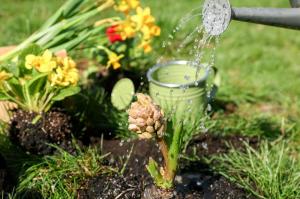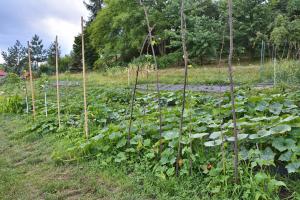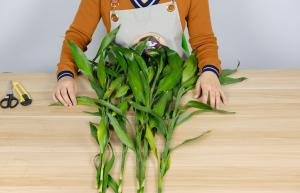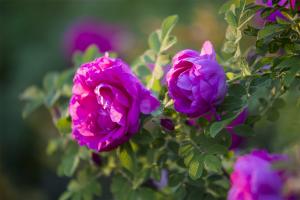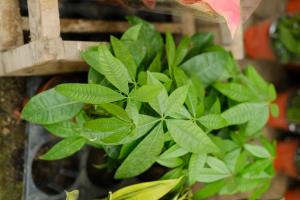Introduction
Denver, the capital city of Colorado, is known for its diverse climate and breathtaking scenery. Whether you are a gardener, farmer or landscaper, understanding the plant zone of Denver is crucial to select the appropriate plants for a particular area. Therefore, in this article, we will delve into what plant zone Denver belongs to.
Plant Hardiness
Plant hardiness refers to the ability of plants to tolerate the climatic conditions of an area. The United States Department of Agriculture (USDA) developed a map that classifies the hardiness of plants into 13 zones. The plant hardiness zones are based on the average minimum temperature of an area. The higher the zone number, the warmer the weather. Conversely, lower zone numbers indicate colder areas.
Denver's Plant Zone
Denver's climate is unpredictable, marked by dry winters and hot summers. It lies in the foothills of the Rocky Mountains and has an elevation of approximately 5,280 feet above sea level. Due to these factors, Denver is classified as a zone 5b on the USDA plant hardiness map.
Zone 5b is characterized by its average minimum temperature of -10 to -15 掳F. Gardeners in zone 5b can expect their growing season to last approximately 150 to 180 days. They can grow a wide range of vegetables such as tomatoes, lettuce, and potatoes, as well as fruit trees like apples, cherries, and pears.
Tips for Gardening in Zone 5b
Here are some tips that can help gardeners maximize their yields when planting in zone 5b:
Choose the right plants that are adapted to the local soil and climate.
Plant in the right season to take advantage of the available growing days.
Use mulch to retain moisture and protect plants from extreme temperatures.
Grow plants that are drought-resistant to conserve water.
Consider using raised beds to facilitate drainage and increase soil temperatures.
Conclusion
Now that we have learned that Denver is classified as a zone 5b, gardeners and farmers can make informed decisions when selecting the appropriate plants for their area. It is essential to remember that plant hardiness zones are not an exact science but are a helpful tool in selecting plants that have the best chance of thriving in a particular area. With the right knowledge and planning, gardeners in Denver can enjoy a successful growing season.

 how many times do yo...
how many times do yo... how many planted tre...
how many planted tre... how many pine trees ...
how many pine trees ... how many pecan trees...
how many pecan trees... how many plants comp...
how many plants comp... how many plants can ...
how many plants can ... how many plants and ...
how many plants and ... how many pepper plan...
how many pepper plan...
